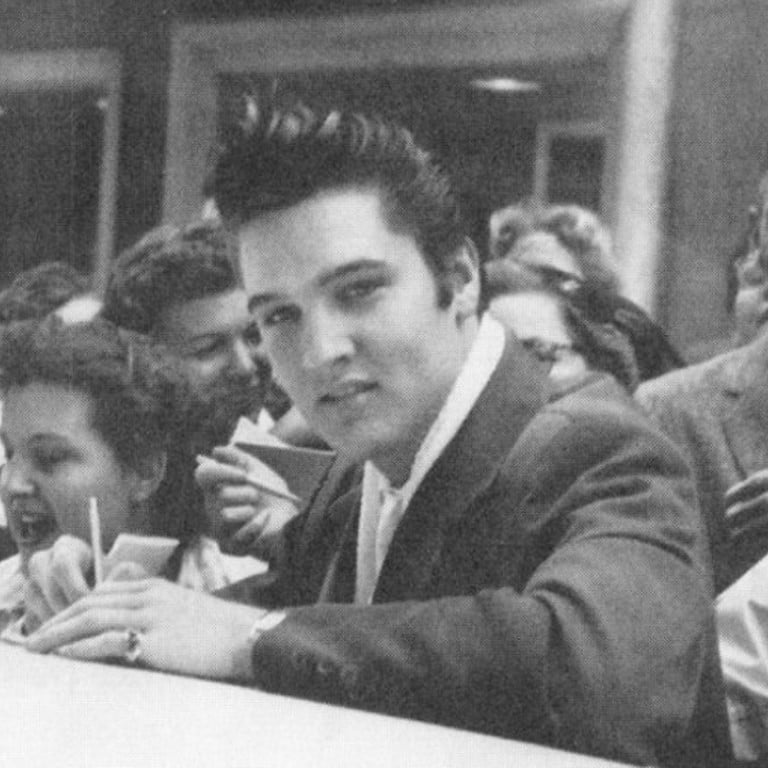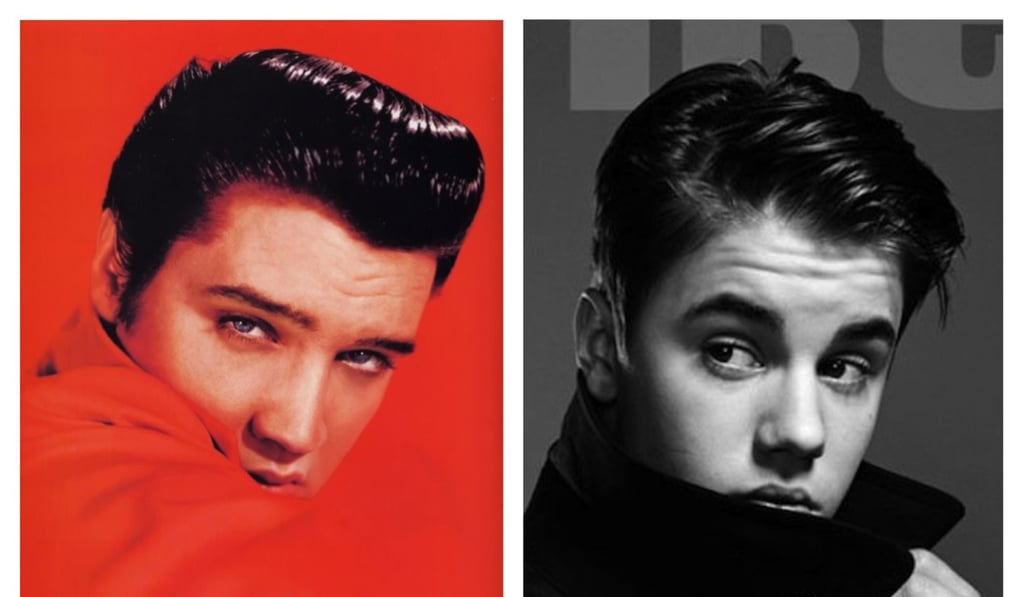Why Elvis Presley lives on as a cultural icon 41 years after his death

American singer, who died at 42, still remembered today for flamboyant style, great songs, big record sales and for helping ‘unite’ white and black Americans
American singer – and sometime actor – Elvis Presley, the hugely influential 20th century cultural icon known as the “King of Rock ‘n’ Roll”, died aged only 42 from a heart attack 41 years ago on August 16, 1977.
His records are still bought and played by many people – and his name is still in the news – in relation to auctions of his personal items, including one of his watches which was sold in May for US$1.8 million – and music festivals.
But what parts of his legacy still resonate with people today?
1. The look of a ‘King’

If you think the Presley’s look – the greased black quiff and fashion sense, especially the diamante white jumpsuits – were rather flamboyant, if not over the top and now seem too outdated, then think again.
Just look at Canadian singer Justin Bieber, who some media watchers regard as trying to copy the look and style of the King. Yet that’s not so bad, is it?
